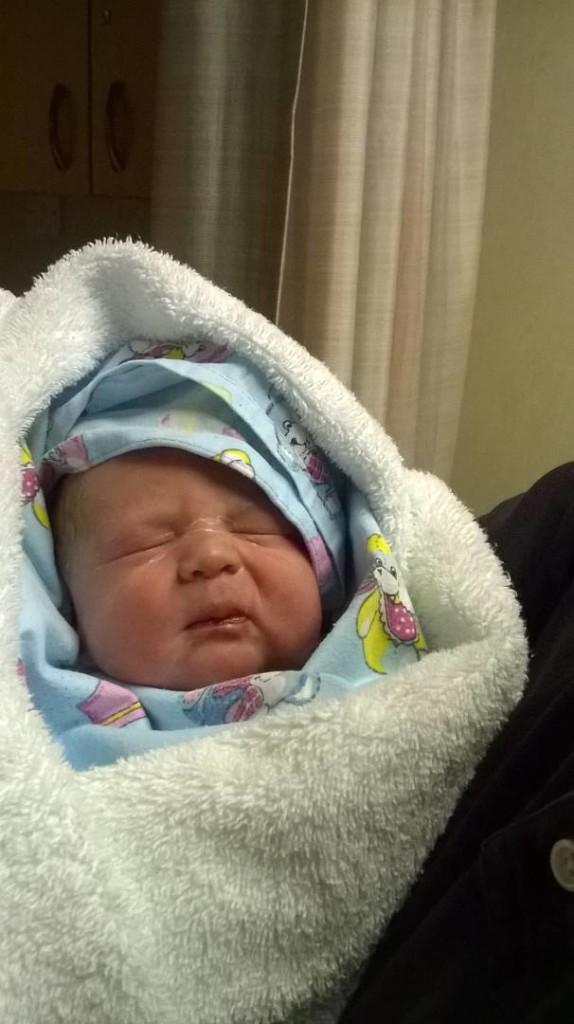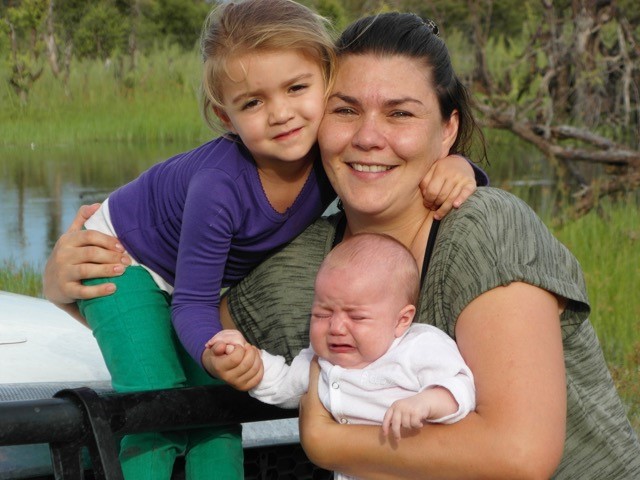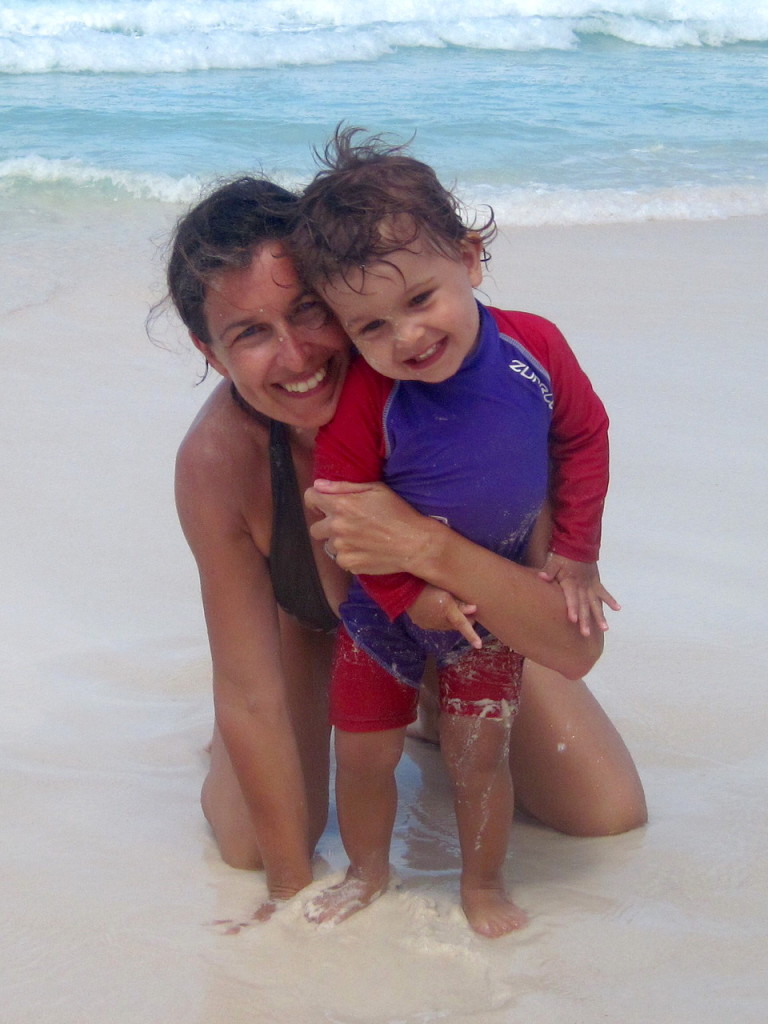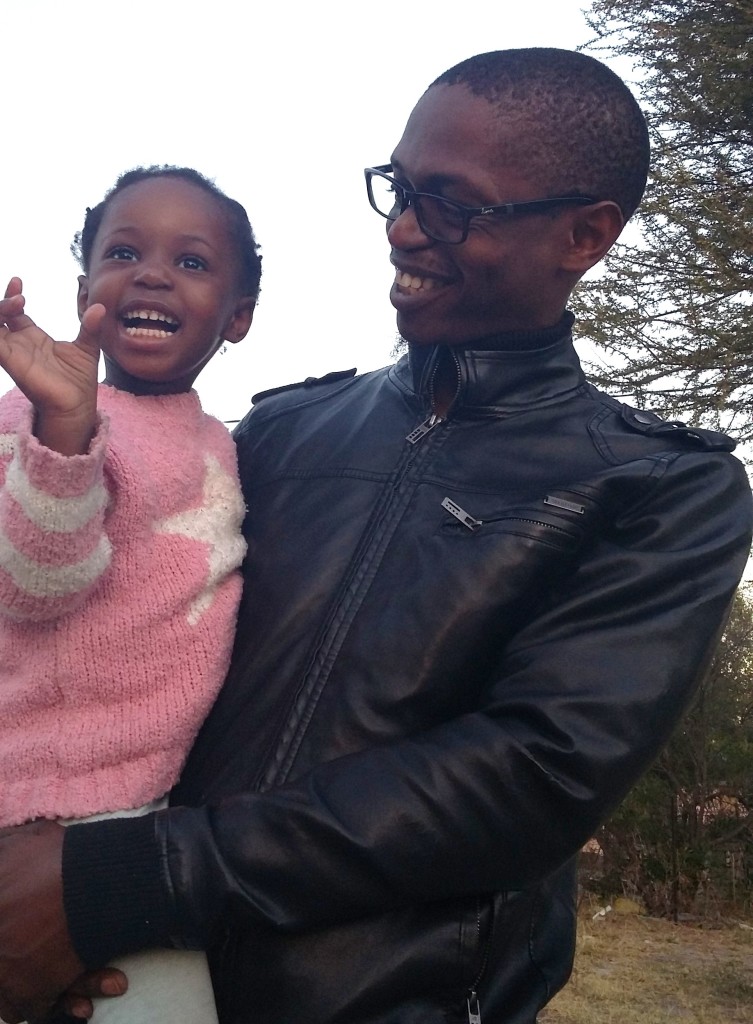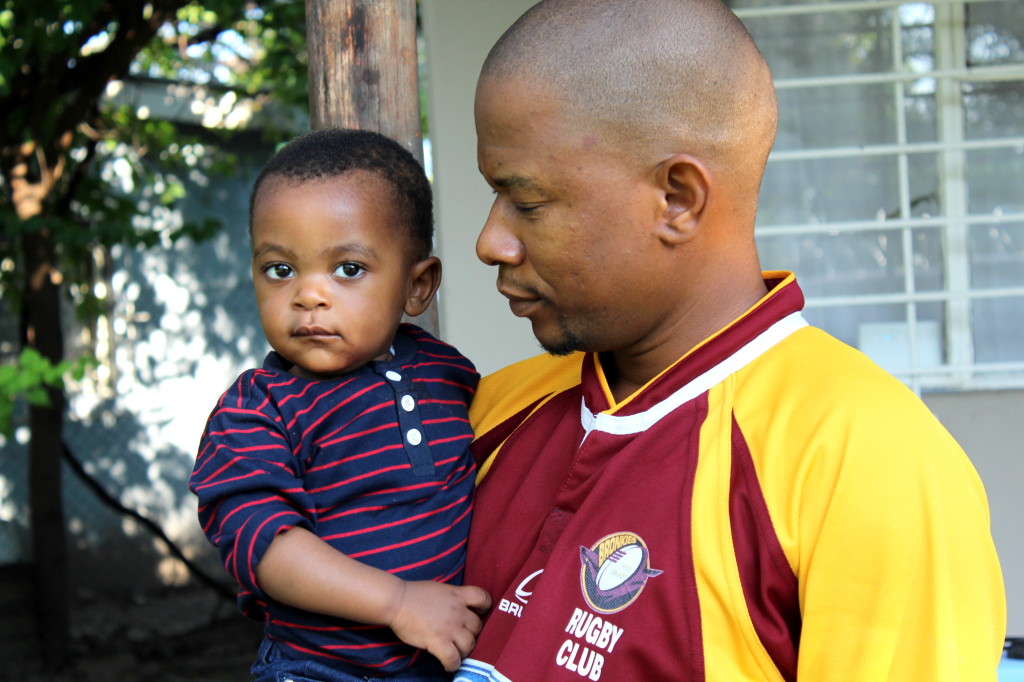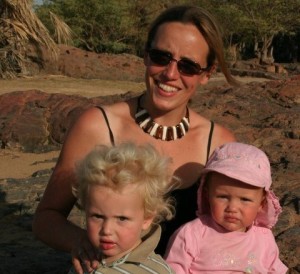Where there are storms, there are clouds
Botswana is known for her incredible skies, huge impressive clouds often build up all day for a short, late afternoon thunderstorm. Not only does this welcome ‘pula’ (the Setswana word for rain in Botswana), the rain also washes the air clear of dust, making for crisp afternoon game-drive photos.
Sunrises and sunsets are especially beautiful as the sky turns gold, pink, red and every colour in between, lighting up the clouds dramatically and creating more spectacular photo opportunities.
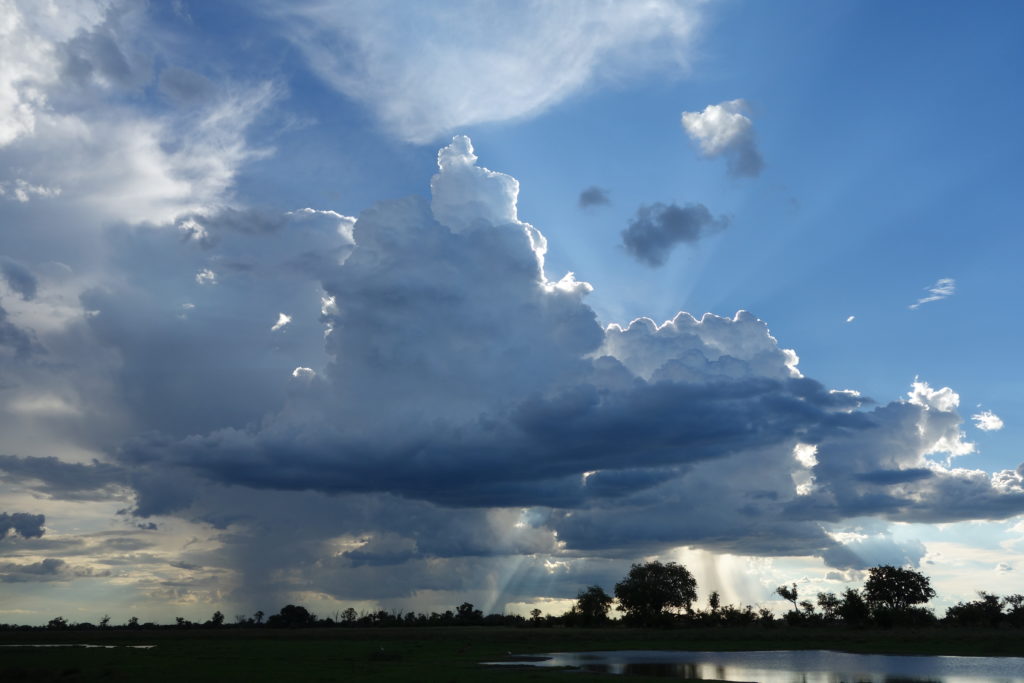
Pula is so precious that our money is named after it (and we also use it as a good fortune toast during drinks with friends). It is so special to us, as it transforms the land into a lush environment, full leafed acacia trees cast deep cool shade and wild flowers start to bloom which makes everything seem more charming. The acres of green grass and verdant leaves, sustain hundreds of thousands of grazers, which sustain thousands of predators. A whole ecosystem depends on pula and, of course, lots of our favourite safari activities like canoeing, boating and mokoro.
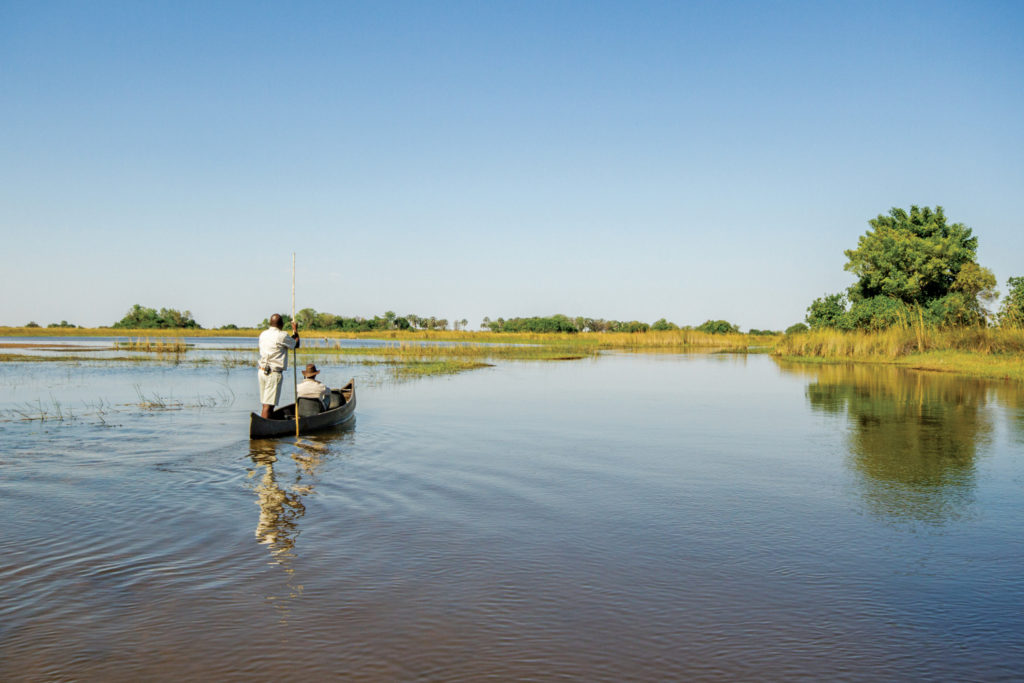
Botswana’s Green Season (starts mid November and ends early April) is one of our favourite times of the year. As the rains arrive so do the migrant birds from Europe, Asia and other parts of Africa. The carmine bee-eaters hovering over game-drive vehicles, waiting to snatch up bugs from the air, are exciting to watch. Kingfishers, kites, rollers and cuckoos embellish the air with extravagant song and colour. They stand out against the brilliant emerald foliage (even LBJs – ‘little brown jobs’ – look prettier). The pans are totally transformed by the magical pula and become havens for aquatic birds like flamingos and pelicans. Everywhere is good for birding – The Okavango Delta, Chobe river, Makgadikgadi Pans, Central Kalahari, and the Linyanti wetlands. Even your non-birders will appreciate the beauty of it all.
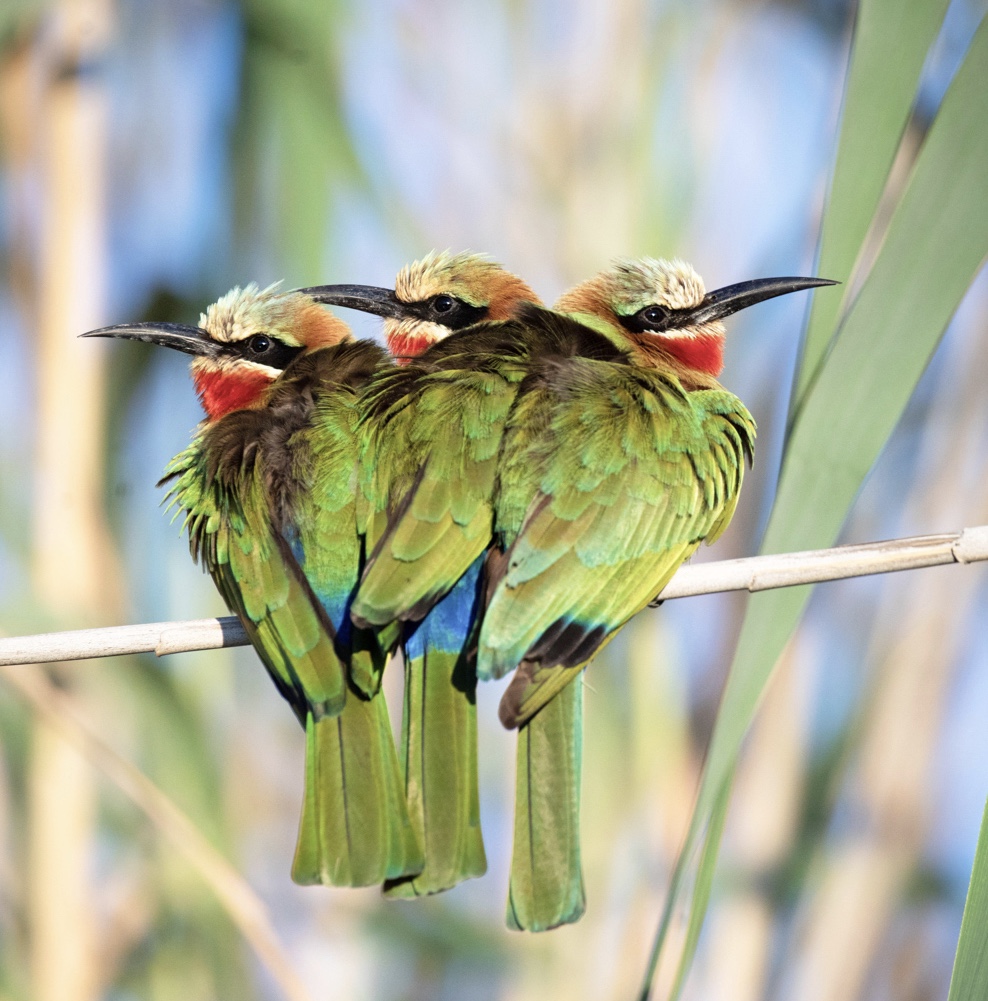
Travelling in the Green Season comes with lower rates than in other times of the year. Guests who have always dreamt of coming to Africa might suddenly find that travelling in the ‘secret season’ is super-affordable. If time is not of essence, you can stay for longer and immerse yourself in the experiences wherever you are, especially with the excellent discounts and specials available to you.
The other unique element of Green Season is that it’s the time year when many baby antelope are born en masse. Species like impala give birth all around the same time to ensure as many of their babies survive as possible – not only is there enough grazing around for all of them but giving predators thousands of options reduce the chances that your specific baby will be killed, if you’re an impala mom. The point is that you’ll get to see wobbly calves and tiny foals, which is very special to witness.

So, whether it’s bright green, dark green, light green or any green in between, the Green Season has plenty to offer. Yes, the longer grass makes animals slightly harder to find but it’s so rewarding when you do. Lower rates, fewer people, happy wildlife and pretty skies – what more do you want in Botswana!
TIP: Visit the Safari Destinations Agents Corner to get a glimpse of the Best In Travel package overviews curated for the green season.
2010 – 2019: A decade of change at Safari Destinations!
Think back to 2010… Nicholas Sarkozy was president of France, Barack Obama was the president of the US, Ian Khama ruled Botswana and Angela Merkel was chancellor of Germany (OK, some things change faster than others!). The best movie at the Oscars was The Hurt Locker (we had totally forgotten about that one) and the top songs were by Ke$ha, Train and Lady Antebellum (who, who and WHO?). There was no Instagram until October of that year, Nxai Pan and the Central Kalahari Game Reserve had no permanent camps, Natural Selection didn’t exist, and who would have thought that AirBnB or Uber would grow so quickly?
Things were very different then and no more so than at Safari Destinations. Our little company was just four years old. Our office was above Mack Air opposite the airport and we had about 15 staff, half of which are still with us today. 2010 was the year when Lorraine and I started searching for a new home for our business, which we found only a couple of kilometres down the road. We bought our new premises in 2011 and thought we would never need all the space – hahaha, were we wrong.

21st century technology
In those long-gone days, most of us still worked on large desktop computers and used the small but efficient Nokia 5300 mobile phone. The fax machine still played a key role (remember how the ink faded right at someone’s phone number?!).
Kay, reservations manager, recalls the prehistoric days before the IT revolution, ‘We used to do everything ourselves: no personal administrators or fancy systems.’
Karen, reservation supervisor, who was the sixth employee to join in June 2008, agrees. ‘When I started, we were quoting manually using Excel and we were also doing all clients’ documentation manually, too, which used to take hours. Now, we have a clever system that works out costs and pulls documentation like invoices, vouchers and confirmations.’
The longest-standing staff at Safari Destinations agree that the biggest change the decade has brought is the colossal change in technology.
‘It really has changed my job in a big way,’ says Angela, Travel Experiences manager. ‘We used to carry a huge manual file with more than 60 Operations Reports when going to the airport to meet clients and, believe me, it was HUGE… Every time you received a call from a supplier, agent or client, you would have to find a little corner in the terminal and flip through the file as fast as you could in order to retrieve information. Today that big black folder has been replaced by a single tablet.

The Travel Experiences team
Angela touched on another big change over the decade: the development of a specialized and highly skilled Travel Experiences team that handles all client meet & greets at Maun International, smoothing arrivals and departures, handling lost luggage, welcoming clients and everything in between.
The Travel Experience team in 2020 makes a big difference to a client’s overall experience and are very appreciated by the rest of Safari Destinations. Kay and Karen remember having to drop consulting in order to race over to the airport to meet their clients, then race back again. ‘Back then, each consultant had to go and meet their own clients. There was no such thing as a “Travel Experiences” team. I must admit, I’m very happy we do now have a Travel Experience team!’, laughs Karen.
People first
But no matter how sophisticated the technology became, Safari Destinations always put people first and the years between 2010 and 2020 saw some incredible projects for staff and the community.
As a mom of two girls herself, Karen appreciates Safari Destinations’ focus on boosting the next generation. ‘The support the company offers parents who have children is one of my biggest highlights of the past decade. Allowing our children to physically be on the office premises in a cottage (known as the Kiddies’ House), being supervised, whilst we can work is a massive benefit.’ This development was ahead of its time in Maun (and actually the rest of the world) and support for working parents is a growing and welcome global trend into 2020.

‘One of the biggest projects,’ says Lorraine, ‘is the vision to build a school and after-care facility for the Bana Ba Letsatsi (BBL) underprivileged children, a dream come true and a testament to the meaningful contribution Safari Destinations and our partners have made through tourism. The long-awaited building will be started in 2020.’
Other notable community-engagement projects include the start of the ‘Magic Bus’. This is a mini-bus that is sponsored by Safari Destinations and gives transport to especially the elderly of Maun, who may otherwise have to walk long distances to attend a clinic or go shopping.

To celebrate Botswana’s 50 years of independence in 2016, staff took part in the ‘500 Man Hours’ project that encouraged them to collectively give 500 hours of time to community projects. Today, Safari Destinations works closely with the Maun Animal Welfare Society (MAWS), Women Against Rape (WAR), Bana Ba Letsatsi (BBL) and many others. Many in the industry are also aware of SD’s work with Sekgoma Primary School, the bed night bank, Travel for Impact and various drives for donations of winter clothes, blankets and foodstuffs.
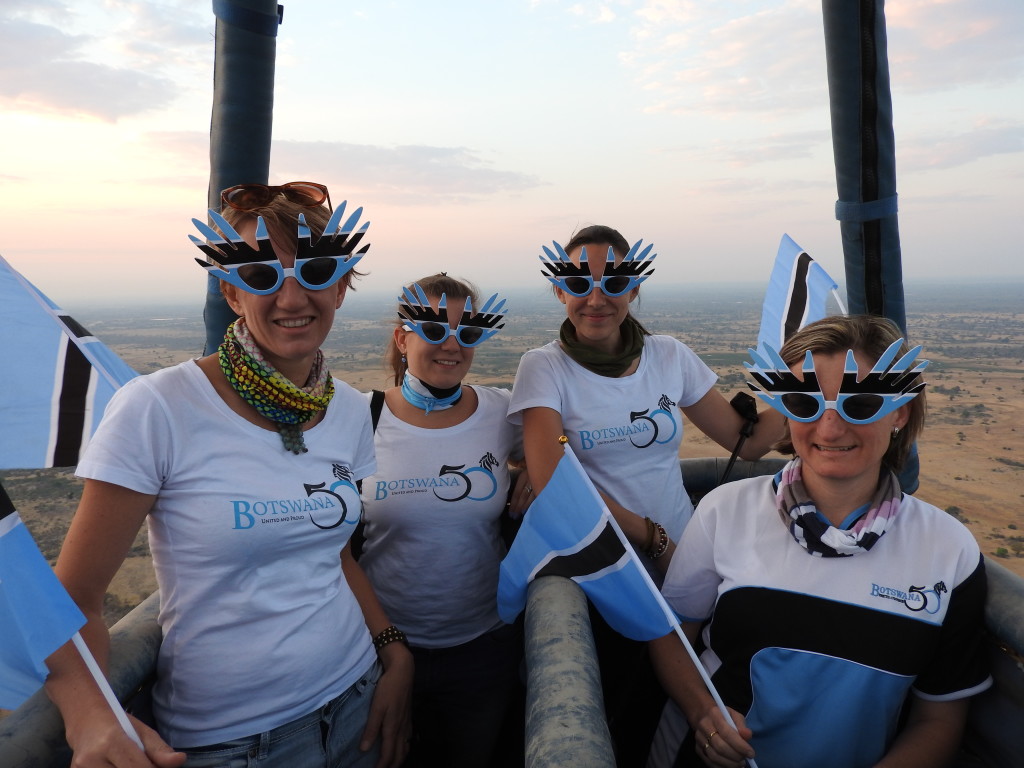
‘People’ also refers to how Safari Destinations finally started employing the so-called ‘stronger sex’ (ha! Us ladies change tyres, set up tents, dig game-drive vehicles out of sand AND give birth!). ‘The number of men employed is also a big change. In 2008, when I joined, employing men was not in the pipeline; however, once more women joined the company, there was a definite need for some male company!’, jokes Karen.

A maturing industry
As Safari Destinations grew from a toddler to a teenager over the decade, the broader safari industry also matured radically. Everyone agrees that far more players have entered the market, bringing fresh ideas and new people, and making every supplier raise their game to stay competitive. Often this had meant a new level of luxury: wine cellars, Wi-Fi, media rooms, gin bars, specialist spa treatments and à la carte dining were all virtually unknown in 2010.
As Angela says, ‘Suppliers have had to keep up with trending luxury décor in order to stay relevant while not destroying the authenticity of the camps or environment.’ ‘Yes,’ says Karen, ‘More properties are popping up, which means new players as well. The upgrading or rebuilding of a lot of properties to a very high-end level means some products are far more luxurious now than ever before.’
And keeping up with times means the decade also saw huge shifts in how it uses technology.
‘Smart-phone technology and websites being a go-to place for people to do research has been a big change. There is so much more access to information now,’ adds Karen.
‘Social media is a plus. It makes it so much easier for all concerned to get the message out there and also for clients to dream up and plan exotic holidays. Wildlife documentaries, viewed across the world, are also a plus but trying to get an 8-10-day trip to compare with a documentary that is five years in the making, is sometimes challenging, to say the least! Luckily, we rise to the challenge!’, laughs Kay.
‘The rise of social media over the past decade has changed many things,’ agrees Andrea. ‘In some ways, thanks to smart phones and social media, travel is less about the experience of being in moment now and more about what you can post to Instagram later… Every camp now needs a few corners that are highly Instagrammable. It’s the same with some sightings: if the light is low or branches are in the way, then there’s no point in stopping for a photo for some guests. Some clients want the exact experience they’ve seen on Instagram – unfortunately, the elephants aren’t trained to drink from the same swimming pool at the same time every single day!,’ she jokes.
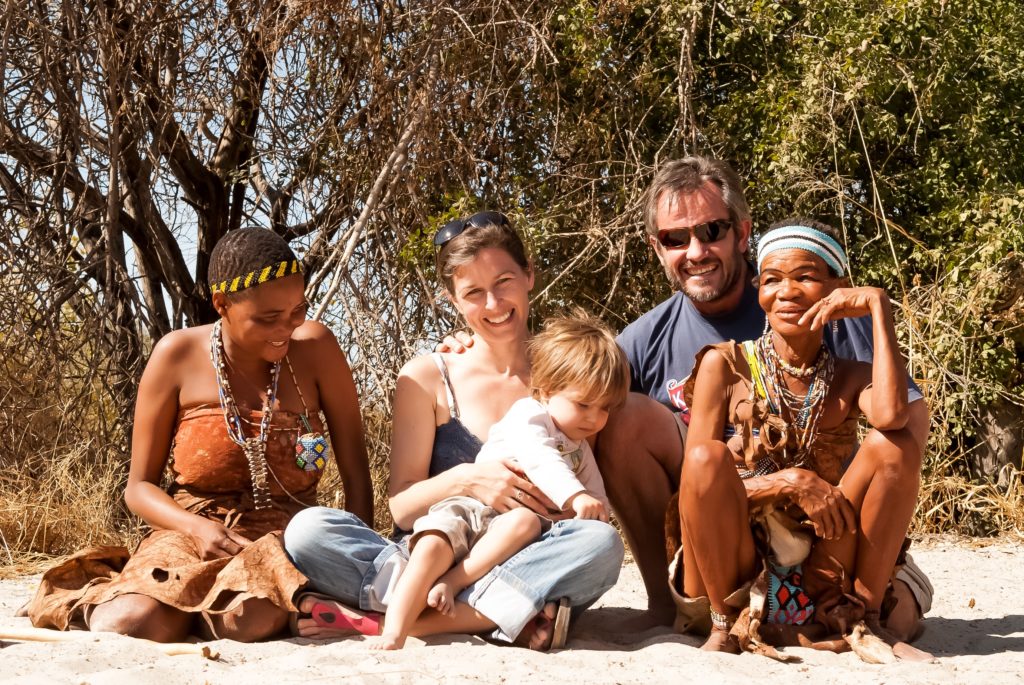
‘Social media also allows for a lot of information, which is a good thing as Karen says, but sometimes that information is put out by amateurs who get things wrong. TripAdvisor is now a staple source of information for clients that they trust without knowing the full story of a stranger’s holiday – a good camp may get a bad review for something beyond their control. As professional consultants and experienced experts, knowing what product would suit which clients is a skill that cannot be replaced by a single TripAdvisor post.
As Kay says, ‘with more and more beautiful videos and photographs appearing online every day, we need to remember that they represent just one moment of a safari. A photographer chooses a single perfect image from a whole journey. For us, the fun and excitement remains in finding sightings, having great guides, smelling the wild sage, hearing the bulbuls call to each other and seeing remarkable landscapes – not in reducing it all to a few pixels on a screen.’

A decade of good laughs
While it’s never easy to grow a business from strength to strength, it is certainly made a lot easier if everyone has a good sense of humour. The Safari Destinations employees who’ve been around since 2010 and before have shared plenty of jokes and funny anecdotes over the years.
Kay groans at some of the crazy requests… ‘We’ve been asked to provide a double room with a sea view at the Victoria Falls Hotel! Once a client was disappointed because they couldn’t take a mokoro from Nxamaseri to Tsodilo Hills to see rhino!’ ‘Oh, that’s nothing,’ says Karen with a straight face. ‘I was once asked if the clients would be able to see unicorns on safari…’
Travel is a big and often stressful part of our jobs as we have to see as many properties as possible, make extensive notes, take photos (and videos now with our phones – unthought of in 2010!) and remember countless names, numbers and facts. But even educational travel has it’s funny side: Lorraine and I were once hosted at Baines’ Camp by Sanctuary Retreats.
‘They ran us a romantic bubble-bath following the afternoon activity that we had no choice but to use. So, we had fun taking a picture of the two of us fully dressed in the bath!’

We’re all looking forward to seeing what advancements, achievements, jokes and memories the next ten years will bring us!
Keeping it in the Family!
Safari Destinations is about family. It is the people that share our daily lives, and who we have grown to love and cherish. With our SD family, we create memories, share good times and help each other through the tough ones.
Some of those good times are celebrating the birth of the children to staff employed at Safari Destinations. At last count, it was 17 in total with another 2 on the way! Close to 50% of all our staff are parents. This is why lift clubs, meal arrangements, play-dates, “Hello Aunty Sarah” as well as kiddies’ laughter and tears are the order of our day.
We all know that total commitment describes our women here at SD. Many years ago when Lorraine and Andrea were still breastfeeding, critical Globetrack training had to take place. So, it all happened “behind the scenes” while the (male) trainer continued his training. He had strict instructions to “Don’t turnaround!”
While 80% of our staff are women, we believe that fathers are just as important as mothers. This is why our Dads get paternity leave with the birth of each child.
Our latest recruit is beautiful, little Paige, born to Senior Consultant, Mia Ives. Once Mia returns to work, as a first time mother, she will have the support and understanding of the Managing Directors, Carina and Lorraine as well as the many women here at SD who have walked the path of managing family and work.